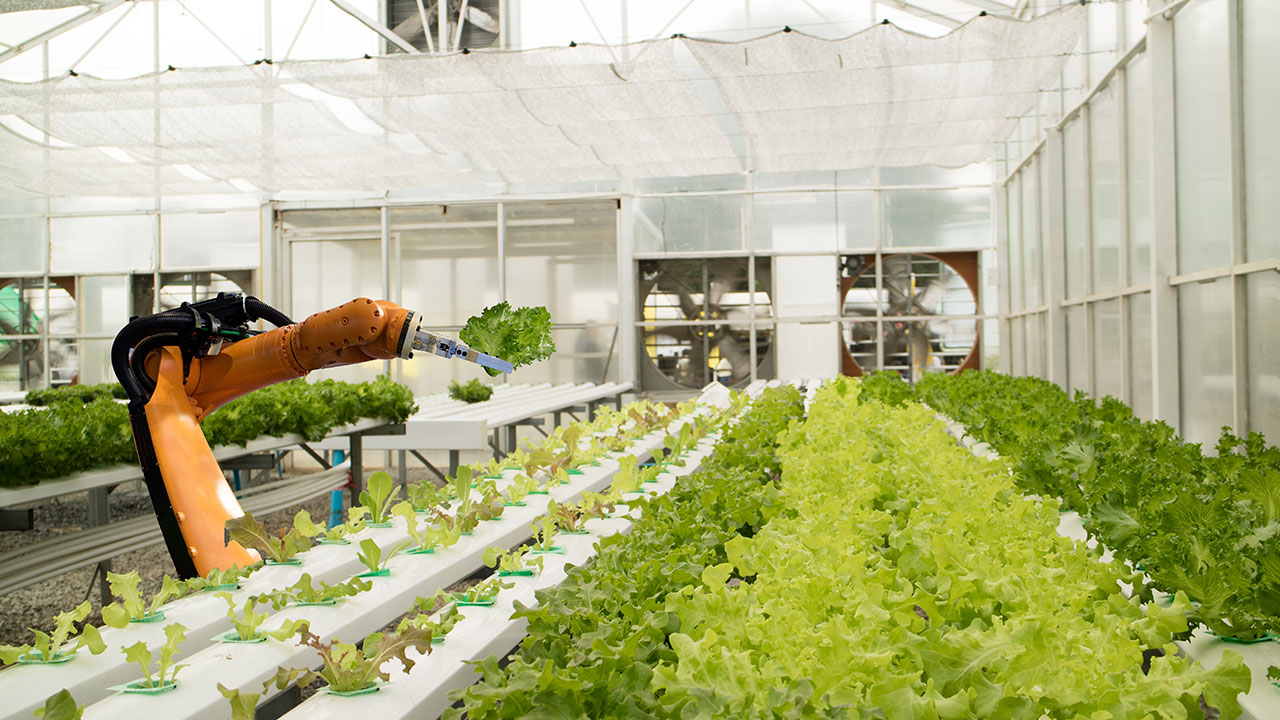
Previous Article
What does Singapore's '30 by 30' food security goal mean for businesses?
There is growing consensus on the urgent need to curb global greenhouse gas (GHG) emissions, of which carbon dioxide (CO2) is a key contributor. Many countries are committed to reducing carbon emissions and there are on-going efforts to rank their emission contributions. However, comparing CO2 emissions on an absolute basis across countries can be challenging. How do we account for differences in population size, climate and economic structure? Issues with measurement and embedded emissions - emissions attributable to imports but typically attributed to exporting countries - further complicate the matter.
This paper, prepared in collaboration with AlphaBeta, discusses the potential challenges and insights arising from a comparison of emissions across countries. For example, while economic growth is typically linked to increased energy consumption, it can be decoupled from carbon emissions if measures such as energy efficiency are implemented, renewable energy sources are tapped, or more fundamentally, the economy is structured towards having a greater share of services or advanced manufacturing. Collective action is also required from governments, businesses and consumers to achieve a low-carbon future.
5. Decoupling can be attributed to a number of factors such as changes in a country’s economic structure, a shift in energy mix towards renewable sources and improvements in energy efficiency.
6. There are large differences across countries in terms of resource efficiency and governments can adopt best practices from each other.
7. In Asia, it is estimated that there are US$3.1 trillion worth of business opportunities associated with increased carbon productivity.
8. Consumers can reduce their overall carbon footprint by up to 85 percent through a range of individual actions.